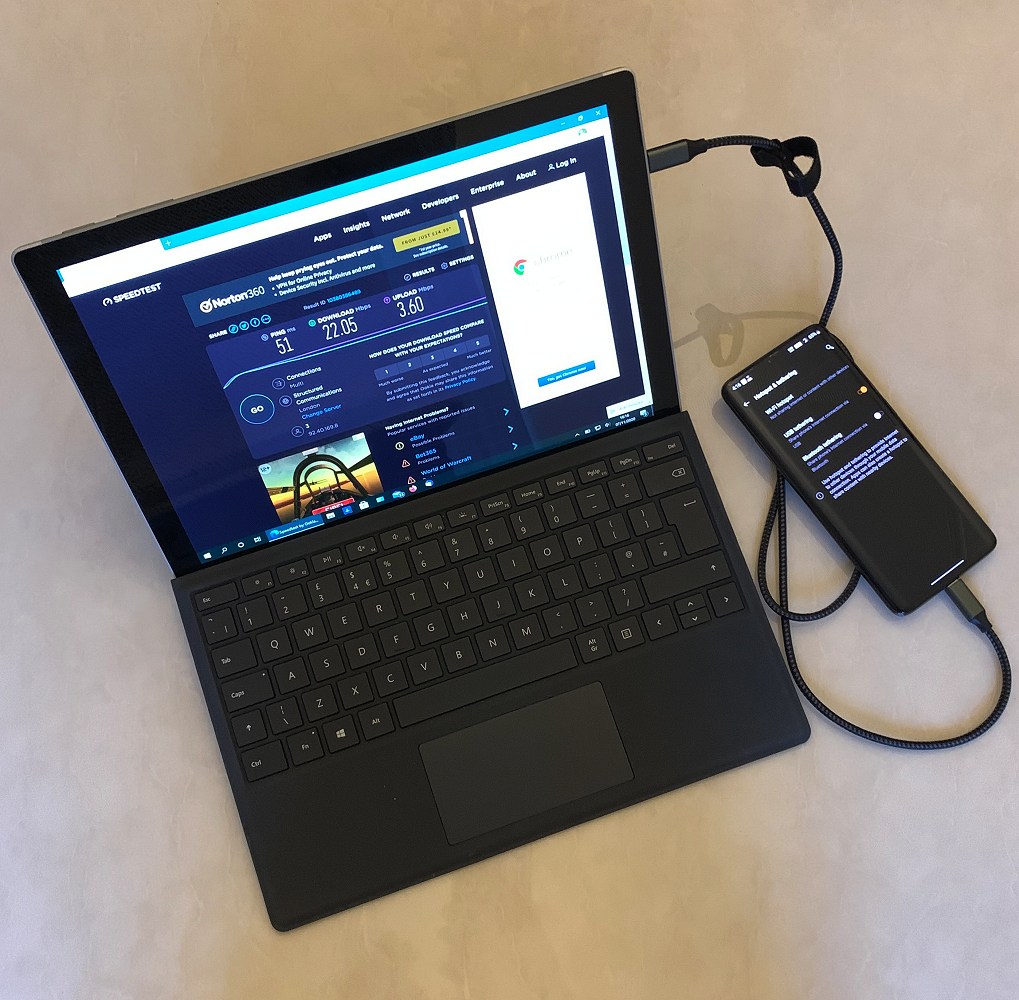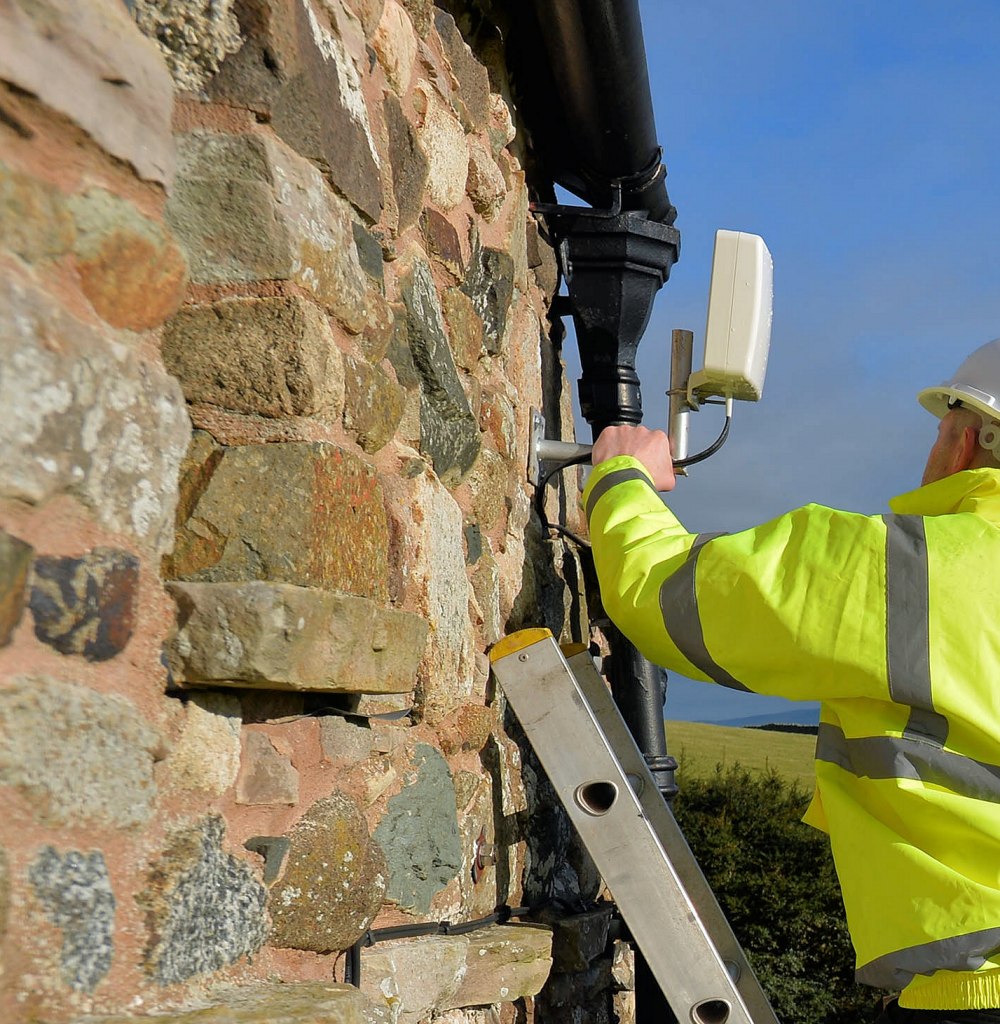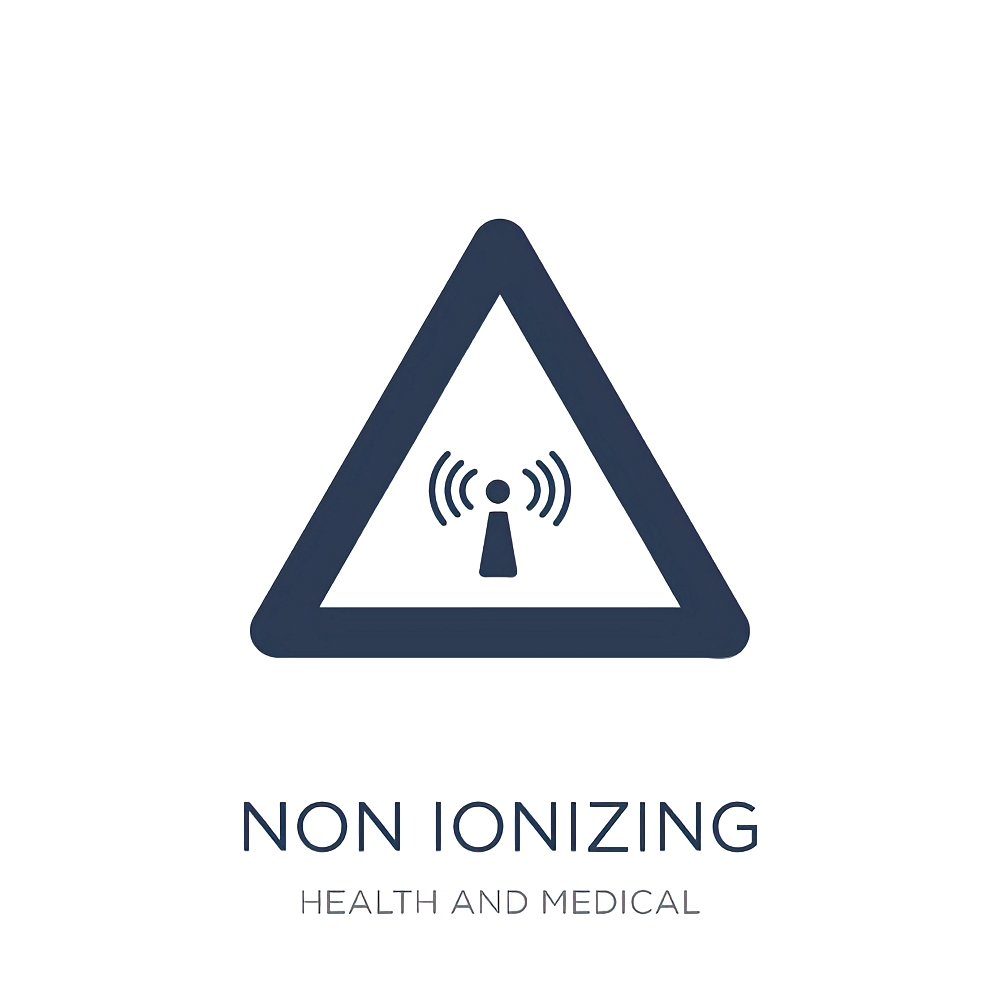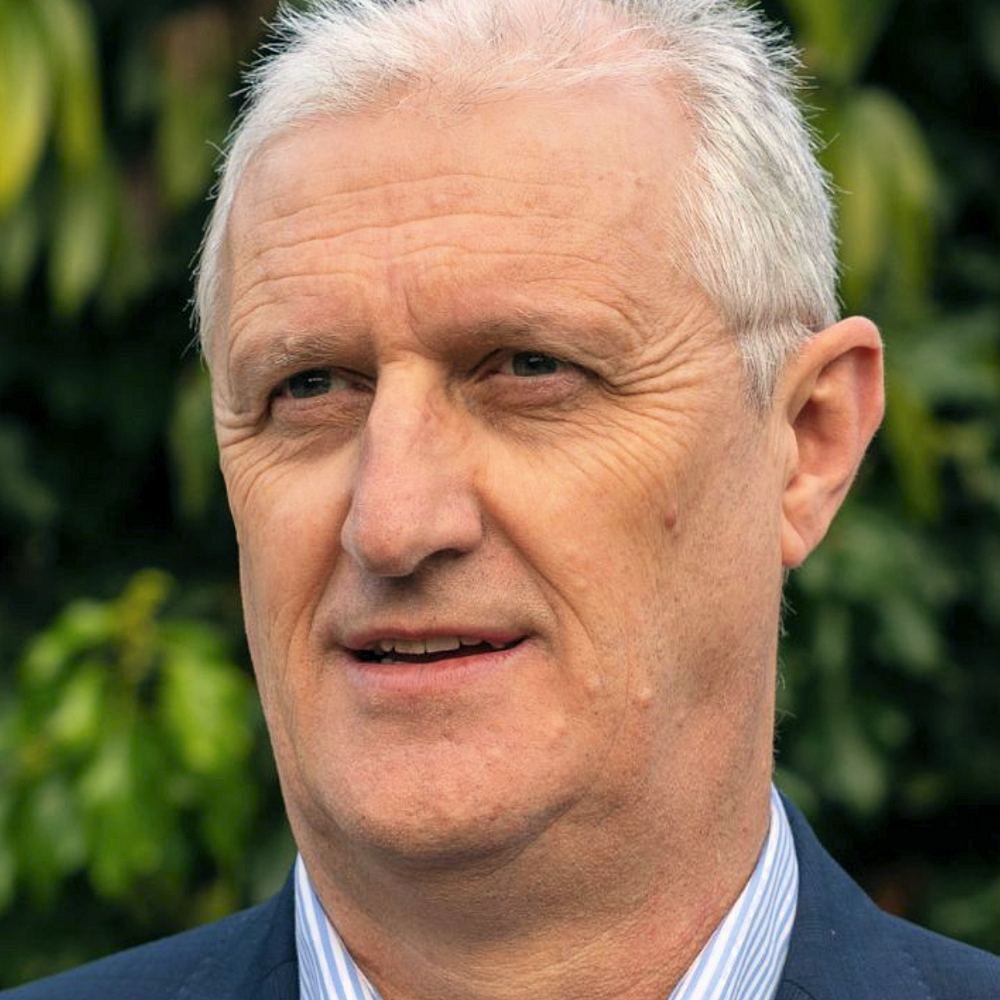Ofcom Sets Out UK Internet Censorship Plans Under Safety Bill

The UK communications and media regulator, Ofcom, has today set out their plans for putting the mess of complex and confusing legislation – that is the Online Safety Bill (OSB) – into practice, which aims to tackle “harmful” internet content through website bans by broadband ISPs, fines and other sanctions.
As we’ve said many times before, the aim of creating a law to clamp down on some of the worst aspects of internet content is a noble one (e.g. terrorist content, bullying, racism and hate speech, child abuse, self-harm, suicide imagery and conspiracy theories that incite violence etc.) and long overdue. At present, far too much of this slips through the cracks of the currently weak self-regulatory approach, as aptly demonstrated so many times before via Facebook, Twitter and other platforms (e.g. they’ve been slow to clamp-down on ISIS and political leaders inciting violence).
However, the reality of trying to actually achieve such an outcome, as well as the Government’s own desire to keep expanding the bill’s remit with major changes, has resulted in a mass of tedious legislation. The bill is now so big, complex and overbearing that it may not even be workable, without causing a significant level of mass censorship. It also succeeds in doing something that we never thought possible – making the General Data Protection Regulations (GDPR) look simple by comparison.
The big challenge stems from the difficulty of trying to strike the right balance between preserving Freedom of Expression and fostering outright Censorship, which is what happens when you attempt to police common and highly subjective public displays of negative human thought. Balancing this against complex issues of context (e.g. people joking about blowing up a city in a video game vs actual terrorists), parody and political speech is a monumentally difficult task. Humans often get it wrong, and automated systems are even worse.
Despite all the promises around “preserving” freedom of expression, the reality of the OSB is that it will impose such a high level of liability on internet content providers – catching both big social networks and small websites alike (albeit with softer measures for smaller players) – that many content providers will be forced to either significantly restrict user-generated content (forums etc.) or introduce flawed automated filtering that over-blocks.
The Code of Practice
Ofcom has been handed the thankless task of implementing and regulating all of this, not least via new Codes of Practice (CoP) to explain how services can comply with their duties to tackle harmful content. As part of that, the regulator has today published a roadmap (here) that sets out their plans for putting the online safety laws into practice (once passed), and what they expect from tech firms.
On top of that, they’ve also launched a ‘Call for Evidence‘ for “companies that are likely to fall within the scope of the online safety regime, as well as other expert groups and organisations“. Specifically, they are seeking input on the ‘first phase’ areas identified for consultation: the risk of harm from illegal content; the tools available to services to manage this risk; child access assessments; and transparency requirements.
The regulator expects the OSB to pass into law by early 2023, with their powers coming into force two months later. Within the first 100 days of their powers taking effect, Ofcom will focus on getting the “first phase” of the new regulation up and running – protecting users from illegal content harms, including child sexual exploitation and abuse, and terrorist content.
In order to help companies identify and understand the risks their users may face, Ofcom will also publish a sector-wide risk assessment. This will include risk profiles for different kinds of services that fall in scope of the regime. As part of that, they will also consult on draft enforcement guidelines, transparency reporting and record-keeping guidance.
“We will consult publicly on all these documents and expect to finalise them in spring 2024. Within three months, companies must have completed their risk assessments related to illegal content, and be ready to comply with their duties in this area from mid-2024 once the Code of Practice has been laid in Parliament,” said Ofcom. Good luck with that, at present many smaller online content companies and organisations don’t even know the OSB exist.
Some elements of the online safety regime depend on secondary legislation – for example, the definition of priority content that is harmful to children, and priority content that is legal but harmful to adults. So duties in these areas will come into effect later and timings will be subject to change.
Mark Bunting, Ofcom’s Online Safety Policy Director, said:
“We’ll move quickly once the Bill passes to put these ground-breakinglaws into practice. Tech firms must be ready to meet our deadlines and comply with their new duties. That work should start now, and companies needn’t wait for the new laws to make their sites and apps safer for users.”
The Bill does NOT give Ofcom powers to moderate or respond to individuals’ complaints about individual pieces of content. The Government recognises that the sheer volume of online content would make that impractical. Rather than focusing on the symptoms of online harm, Ofcom says they will instead tackle the causes by ensuring companies design their services with safety in mind from the start (i.e. those impractical burdens are shopped out to everybody else, where implementation costs and fears over liability risk ensuring that more censorship is the end result).
Regardless of whether or not you agree with the new law, one thing that the Government and Ofcom absolutely must get right is the communication and awareness side. It took several years for GDPR to be fully adopted and that was only after it was helped by the Information Commissioner’s Office (ICO) producing useful guides, which didn’t require you to be a lawyer in order to understand the basics. The Online Safety Law will need to do the same, as right now the legislation is an absolute minefield of complexity and ambiguity.
No doubt many people will see plenty of positives in the OSB, but at the same time its attempts to micromanage free speech, which seem to have more in common with the laws found in China and Russia than Western Europe, look set to make it harder to speak freely in the first place. In an ideal world, the Government would scale-back the bill and try to get the basics right first, before piling on masses of new and complex burdens. But instead, we seem to be heading for a Draconian censorship regime via the backdoor of cost and liability shock.
Mark is a professional technology writer, IT consultant and computer engineer from Dorset (England), he also founded ISPreview in 1999 and enjoys analysing the latest telecoms and broadband developments. Find me on X (Twitter), Mastodon, Facebook and Linkedin.
« Hyperoptic Discounts Some UK Full Fibre Plans in Summer Sale
Netomnia Prep FTTP Broadband for 20,000 Premises in Irvine »
Latest UK ISP News
- FTTP (5676)
- BT (3553)
- Politics (2589)
- Openreach (2334)
- Business (2313)
- Building Digital UK (2268)
- FTTC (2056)
- Mobile Broadband (2026)
- Statistics (1820)
- 4G (1713)
- Virgin Media (1662)
- Ofcom Regulation (1488)
- Fibre Optic (1419)
- Wireless Internet (1414)
- FTTH (1382)






















































All this will do is drive free speech platforms out of the UK and increase VPN usage.
Free speech in the United Kingdom is a negative right. You are not able to say whatever you want whenever you want. Now some people might say that’s a good thing. Others will say that we’re not particularly free in the UK.
The only thing that should be censored is the IWF list. Everything else should be free to view without fear. I despise the people that come up with these ideas and then use children and terrorism as subterfuge. Look at ECHELON. It’s primary purpose was not defence, it was industrial espionage. Being able to listen in on whomever you wanted was just a happy by-product.
I have never bothered with VPNs and the like. I haven’t ever felt a need to. But when they started with the renewed snoopers charter and the let’s put backdoors in e2e encryption then I decided that I probably should do.
And to those that say if you’ve done nothing wrong, you’ve nothing to hide .. we’ll you’ll have no problem handing me your wallet and letting me look at your bank account details then yes? You’ll be happy with your ISP keeping track of what adult entertainment you watched last night? Of course you wouldn’t, so don’t try the MI5 spiel of ‘nothing to hide’. We have a right to privacy.
“if you’ve done nothing wrong, you’ve nothing to hide”
An exceptionally naive statement given the state can arbitrarily decide what is wrong and may even punish retroactively if it changes its mind in the future.
Mike, I think DPR was criticising that statement too.
Just to be clear I was referring to those who believe the statement to be true, not DPR.
I’ve been on online since 2000, but now it’s only being regulated, seems like the internet was largely ignored for ages, but then people got an Iphone, they went oh the Internet.
The OSB does seem to an attempt to apply TV regulation to the internet in my view, ignoring the differences in technology and the Internet’s global nature.
They just need one law that makes it illegal for ne’er do wells and criminals to breathe our air, that would be easier to implement than relying on all the ‘experts’ in parliament regulating the tubez and intars on our behalf. I’m still waiting for them to stop spam emails.
The UK internet is fast becoming a intranet of hand picked government sites it’s sad times for freedom in this country, I agree with what the other commenter said using children and terrorists as an excuse is disgusting
Ted, this is not China or Russia, very few sites are blocked, maybe I am being naïve, could you give a few examples of websites that are blocked that you think should be open, to illustrate your point? What am I missing out on?
@Mick
P2P sites for a start but it will be a gradual process, death by a 1000 cuts otherwise the peasants might catch wind of what’s going on.
Hate speech is an undefinable umbrella term that can be used to lock up anyone who says anything remotely critical of the government or any key money making industry like the sex transitioning industry. They literally make it so that even if you mention the fact that it makes bank, it is labeled as hate speech. I encourage people to watch What is a Woman by Matt Walsh
I think the Soviets called it political correctness…
The tech companies will skirt their way around it(loop-holes)
Well this legislation is not being passed any time soon
Yes, it seems the government has decided to make a fan-fiction episode of Succession rather than attempting to govern.
As @Winston Smith might have said, its all doubleplusungood!
Now that all is in disarray, I’m wondering if Nadine Dorries will survive to direct OFCOM? I’m sure Sir Humphrey will do his best to neutralise ministerial control. As Nora Batty said, ‘They’re all weird’ and I agree.
We’ve never been free to say what we want, where we want. Try yelling “f*** the pope” in a church during a service and see how you get on. Or shouting “I’m going to kill you” through someone’s letterbox.
No service provider, Internet or otherwise, is mandated to host your views or provide a platform for them. It has long been an offence to send offensive post through the Royal Mail or to do the same on a telephone.
Anyone who claims we’re not allowed to criticise the government or express negative views about groups of people has obviously never used Facebook or Twitter. Or been to a pub.
I cannot understand the community, the UK voted in a referendum to leave the EU surely borders checks in and out of cyberspace are necessary and blocked when necessary by law?
Only an ideat would think this is a good idea when look into it properly and all would entail only good is for dictators, incapable perants, and morons.
If this comes through can say goodbye to freedom of speech, artist freedoms, and free porn (it’s already being hit), and most if not all fun of interenet.
And hello to heavy monitoring, closing of most and great sites, and welcome to government oversites of everything.
And goodbye to freedoms.
Also not everyone can have credit cards or want thrm & there details everywhere on net as well as making net less secure for everyone, and much easier for wrong people to monitor and get your personal private information.
So if your OK with all that then this us for you.